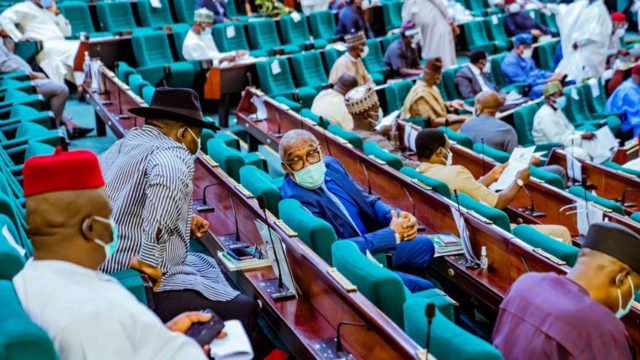The House of Representatives, following a motion by Hon. Saidu Musa Abdullahi, has resolved to examine the effectiveness of Public-Private Partnership (PPP) initiatives and concession agreements throughout Nigeria.
Concerns have been raised by the House regarding the diminishing revenues expected to flow into the Federation Account, alongside a significant infrastructure development deficit. This deficit is seen as having a profound impact on budget execution and the broader economic stability of the country, given Nigeria’s heavy reliance on oil revenues.
The role of the private sector in bridging the infrastructure gap has been acknowledged by the House, noting its involvement in key areas such as roads, railways, airports, housing, and power generation. These partnerships are vital for economic growth and national prosperity.
Attention was drawn to the Infrastructure Concession Regulatory Commission (ICRC), responsible for overseeing the policy framework, negotiations, and monitoring of all PPP and concession endeavours. Despite initiating numerous PPPs and concessions, the results have been inconsistent, with several projects either stalling or failing to deliver expected outcomes.
Investor engagement and interest have reportedly not reached full potential due to coordination challenges between government entities and the ICRC, causing delays in project startups.
To address these issues, the House has directed the Committee on Public Assets, led by Hon. Ademorin Kuye, and the Committee on Special Duties, led by Hon. Kabir Tukura Ibrahim, to thoroughly investigate and evaluate the performance of PPP and concession agreements. The committees are expected to propose measures to boost infrastructure development across the nation.
A deadline has been set for the committees to present their findings, which will play a critical role in shaping future legislative actions aimed at improving the PPP frameworks.
The anticipated outcome of this investigation is to ensure greater transparency and effectiveness in the management of public-private partnerships in Nigeria, ultimately leading to enhanced infrastructure that meets the population’s needs and fosters sustainable economic development.




